Criminal Law for CLAT encompasses criminal law, civil rights, contract law, property law, and family law and includes several provisions ranging from basic to specific principles that demand an in-depth understanding of the subject.
Table of Contents
Criminal Law forms an integral part of the Common Law Admission Test syllabus, demanding a thorough understanding of core legal principles, landmark cases, and legal reasoning skills. Aspiring law students are expected to grasp both the theoretical and practical aspects of Criminal Law for CLAT exams to excel in this highly competitive exam.
The elements of Criminal law consist of Actus reus and Mens rea, group liability, abetment, criminal conspiracy, exceptions, attempt to commit offences, offences against public tranquillity, wrongful confinement and wrongful restraint, criminal force, assault, abduction, kidnapping and Rape & unnatural offences, etc.
Criminal Law for CLAT
Criminal Law is a crucial subject for all legal exams. It also has a significant weight in the CLAT. It includes several provisions ranging from basic to specific principles that demand an in-depth understanding of the subject. The terms culpable homicide, murder, hurt, serious hurt, and force are similar and easily confused. Misunderstanding these ideas can have a huge impact on your scores.
- For the forthcoming CLAT exam, criminal law as a subject has significantly greater relevance due to the recently presented new legislation that replaced the current one. Criminal law requires a thorough study of legal precedents and case laws, as well as the act itself.
- To begin, they assist students in understanding the implementation of the laws in real-life events that are useful in answering application-related questions. Second, they raise direct questions regarding the ratio-decidendi or the underlying cause for the decision. Mastering these subjects dramatically boosts your comprehension of the law and enhances your chances of performing well in the exam.
Also Read: What after Clearing CLAT 2026? Counselling, Career, Courses
Criminal Law for CLAT Key Concepts
India's criminal law establishes a legal framework for identifying and administering offences, crimes, and their consequences. The Indian Penal Code (IPC) is the fundamental legislative text that governs criminal law in India. Criminal law is an important part of the legal system, and comprehending its principles is required for success on the CLAT.
- Criminal law is the body of legislation that governs activity deemed damaging or hazardous to society, as defined by statutes and legal precedents. It defines offences, sets penalties, and offers the legal framework for pursuing and defending criminal accusations.
- The law of crime, or criminal law, can be divided into two broad categories that handle different aspects of criminal justice. Understanding these two components is critical for understanding how the legal system addresses criminal behaviour and administers justice. Here is an overview of the two main components:
Substantive Law
Substantive law is concerned with the actual rights and duties of individuals and organisations. It creates the legislative laws that govern acceptable societal behaviour and the penalty for breaching them. This encompasses criminal law, civil rights, contract law, property law, and family law.
Substantial law is a type of statute law that controls the interactions between persons and the state. It describes people's rights and obligations, as well as the structure and particularity of legal cases.
Also Read: How to Balance Daily Routine for CLAT 2026 Preparation?
Key Concepts in Substantive Law
- Penalties and Sentences: This section of the legislation specifies the possible punishments for various crimes, which range from fines and community service to imprisonment or the death penalty.
- Legal concepts: this includes legality (nullum crimen, nulla poena sine lege, "no crime or punishment without a law"), mens rea (the defendant's mental state or intent), and actus reus (the physical act of the crime).
Procedural Law
Procedural law establishes the framework for conducting cases in court, including how legal proceedings are begun, evidence is processed, and trials and appeals are carried out. Here are the major categories of procedural law.
- Civil Procedure: Civil procedure laws establish a thorough framework for how courts handle civil disputes and trials. These procedural laws specify the stages required to initiate and conduct civil litigation, as well as the protocols and guidelines that must be followed throughout the legal process.
- They identify the parties involved in a civil action, which may include private individuals, businesses, organisations, or institutions.
- Civil procedural laws also apply when the government or its agencies are listed as defendants in private litigation.
- Criminal Procedure Laws: Unlike substantive criminal laws, which define crimes and their accompanying penalties, criminal procedural laws, sometimes known as corollary laws, create the regulations for putting these laws into operation.
- These guidelines specify how criminal cases should be handled and under what circumstances. The basic purpose of criminal procedural legislation is to establish the truth and judge guilt or innocence through evidence.
- This comprises standards governing the presentation of evidence, witness testimony procedures and systems for documenting and demonstrating criminal conduct.
Also Read: 110+ Important Vocabulary Words for CLAT Exam 2026
Difference Between Substantive Law and Procedural Law
Understanding the distinction between substantive and procedural law is critical to comprehending how the legal system operates. To elucidate these distinctions, the table below emphasizes the significant differences between them.
| Parameter | Substantive Law | Procedural Law |
| Definition | Defines the rights and duties of individuals and legal entities. | Outlines the process and rules that must be followed to enforce the substantive law, ensuring the legal system functions fairly and consistently. |
| Focus | Concerned with the "what" – what constitutes a crime, what rights people have, what duties are imposed. | Concerned with the "how" – how legal proceedings are conducted, how the rights and duties are enforced. |
| Purpose | Establishes the legal relationship between people and the state, and defines what is legal or illegal. | Ensures that the process of enforcing substantive laws is orderly, consistent, and fair. |
| Legal Outcomes | Determines whether an individual's rights have been violated and what penalties or remedies apply. | Governs the steps by which courts determine whether substantive law has been violated and what sanctions or remedies should be imposed. |
| Application | Applied directly to the facts of the case to determine the rights and liabilities of the parties involved. | Applied to manage the flow of the legal process, ensuring the proper procedures are followed before a judgment is made. |
| Impact on Case | Directly affects the outcome of the case based on the rights and wrongs of the parties involved. | Does not affect the outcome of the case directly but ensures that the outcome is achieved through the correct legal processes. |
| Example in Criminal Law | Defines what constitutes a crime (e.g., murder, theft), and the punishments for those crimes. | Specifies how the criminal trial process should proceed, such as how evidence should be presented and the steps of a trial. |
Also Read: Top Private Law Colleges in India Accepting CLAT Score
Criminal Law for CLAT Important Topics
The following is the list of important topics for the criminal law section in the CLAT exam.
- Elements of crime
- Actus Reas and Mens Rea
- Group liability
- Abetment
- Criminal conspiracy
- Exceptions
- Attempt to commit offences
- Offences against public tranquillity
- Offences against the body – culpable homicide, murder, hurt, grievous hurt
- Wrongful confinement and wrongful restraint are criminal force
- Assault
- Abduction
- Kidnapping
- Rape & unnatural offences
Also Read: Important Topics to Study from CLAT Syllabus 2026
Criminal Law for CLAT Important Cases
Candidates need to make a note and study the following important cases properly while preparing for the CLAT exam.
| Case Name | Key Issue | Judgment Summary |
| R. v. Dudley and Stephens (1884) | Necessity as a Defence | The court ruled that necessity is not a valid defence in murder cases, setting a precedent on the moral limits of self-preservation. |
| State of Punjab v. Gian Singh (2012) | Scope of the High Court’s inherent powers | The decision underscored the concept that the High Court's inherent powers to quash proceedings are an important instrument for preventing abuse of the legal process and ensuring that justice is both fair and equitable. |
| K.M. Nanavati v. State of Maharashtra (1962) | Murder and Provocation | This case dealt with the concept of grave and sudden provocation under Sec 300 IPC, sparking one of India’s most famous trials. |
| Maneka Gandhi v. Union of India (1978) | Fundamental Rights and Due Process | The court expanded the interpretation of Article 21 of the Constitution, holding that the 'procedure established by law' must be fair, just, and reasonable, strengthening due process. |
| ADM Jabalpur v. Shivakant Shukla (1976) | Suspension of Fundamental Rights | Infamously known as the "Habeas Corpus case," the Supreme Court ruled that during the Emergency, the right to life and liberty could be suspended, a judgment later criticised. |
| State of Bombay v. Kathi Kalu Oghad (1961) | Self-Incrimination (Article 20(3)) | The court ruled that providing fingerprints or handwriting samples does not violate the protection against self-incrimination under Article 20(3) of the Indian Constitution |
| Y.S. Jaganmohan Reddy v. State of Andhra Pradesh (1997) | Disproportionate Assets | The case dealt with the Prevention of Corruption Act and the issue of disproportionate assets, highlighting the significance of establishing a link between the accused and the assets. |
Also Read: Difference Between CLAT and AILET: Which to Choose?
Best Books and Study Material for Criminal Law for CLAT
Candidates can find different types of resources that can help them efficiently prepare for the Criminal Law for CLAT exam.
| Name | Resource Type | Key Feature |
| Ratanlal & Dhirajlal’s Indian Penal Code | Book | Comprehensive coverage of the IPC, landmark cases, and detailed analysis of sections. |
| Criminal Law by K.D. Gaur | Book | Simplified explanations, updated with case laws, and includes MCQs for practice. |
| LawSikho | Online Platform | Provides video lectures, quizzes, and notes on criminal law. |
| Unacademy CLAT | Online Platform | Live classes, recorded sessions, and criminal law-specific courses for CLAT |
| Lexis Nexis: Criminal Law | Study Guides | Concise notes, summaries of cases, and quick revision tips. |
| CLAT Possible | Mock Tests & Practice Papers | Practice papers and mock tests specifically designed for CLAT preparation. |
| EduRev Exam Preparation App | Mobile App | Offers topic-wise tests, previous year question papers, and notes on criminal law. |
Also Read: How to Prepare for CLAT without Coaching?
Criminal Law for CLAT Preparation Tips
Methodical preparation and focused study are required when preparing for criminal law for CLAT. The following tips can help you prepare more efficiently:
- Understand the curriculum- Learn about the criminal law curriculum in preparation for the CLAT's legal aptitude exam. This will allow you to identify the specific subjects on which you should concentrate.
- Study Materials: Gather all relevant criminal law study materials. Look for study resources, reference books, textbooks, and online sites that cover the essential concepts and theories of criminal law. You can also refer to the criminal law notes for CLAT PDF, which includes all of the topics covered in the Criminal Law chapter.
- Case Law: Investigate major precedent-setting cases in Indian criminal law. Recognise the facts of each case, and establish legal concepts and court decisions. This will help you develop a better understanding of how criminal law is used in practical settings.
- Recognise the IPC: The Indian Penal Code (IPC) is the primary piece of legislation that governs criminal law in India. Examine the Indian Penal Code thoroughly, taking note of the various sorts of offences, their definitions, and the penalties imposed. Pay special attention to the sections that address crimes against persons, property, and the state.
- Read the Evidence Act and the Code of Criminal Procedure (CrPC): Become familiar with the Indian Evidence Act and the Code of Criminal Procedure. These laws govern the rules of evidence and the procedures that are followed in criminal cases. Recognise the many stages of a criminal trial, investigative tactics, and the principles of evidence collection and presentation.
- Practice Mock Exams: To get a feel for the exam style and improve your time management and problem-solving skills, practice mock exams and previous years' question papers regularly. Examine your performance and identify areas for improvement.
- Emphasise legal aptitude: You can increase your legal aptitude by addressing legal reasoning and aptitude concerns specifically related to criminal law. Learn how to analyse legal circumstances and recognise relevant legal principles.
- Stay Updated: The field of criminal law is constantly growing, with new laws and rulings being established and issued regularly. To be informed on the most recent advancements, read legal news, subscribe to legal blogs, and examine up-to-date criminal law textbooks.
- Seek assistance: Consider enrolling in online courses or coaching programmes that offer materials and organised assistance in preparation for the CLAT. Talk to colleagues, bosses, or criminal law specialists to learn more.
- Time Management and Revision: Make a study timetable that allows enough time for each topic. Review criminal law subjects and principles regularly to help you remember and deepen your grasp of them.
Also Read: How to Become a Lawyer?






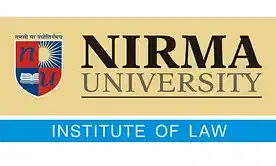





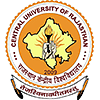

















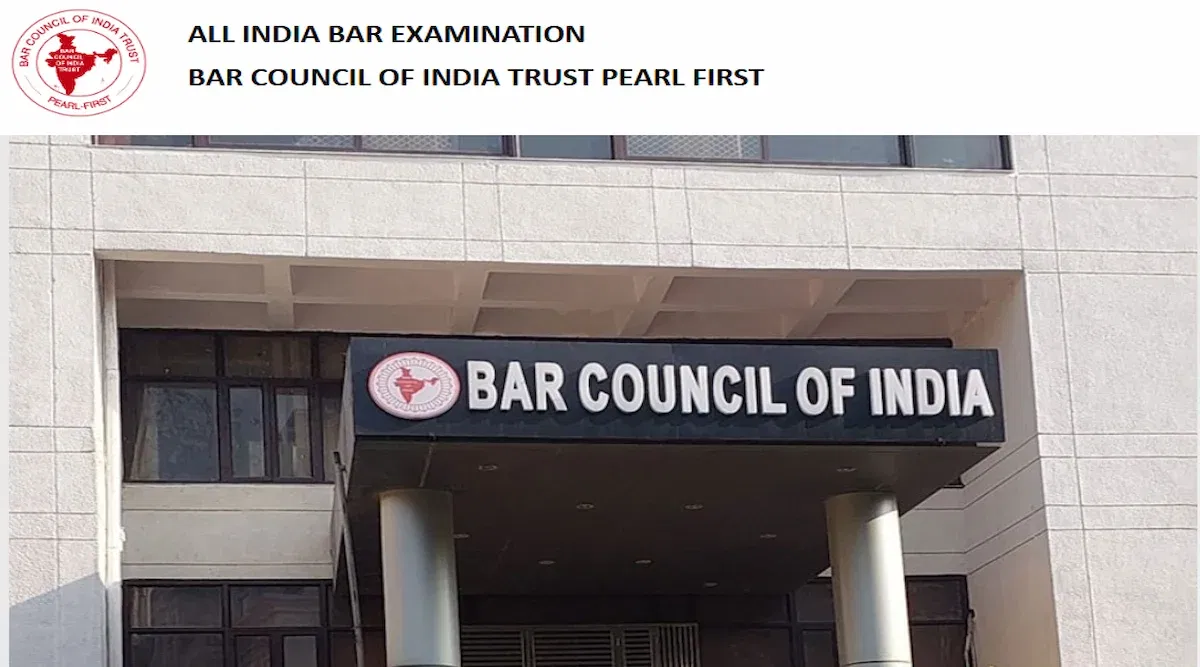
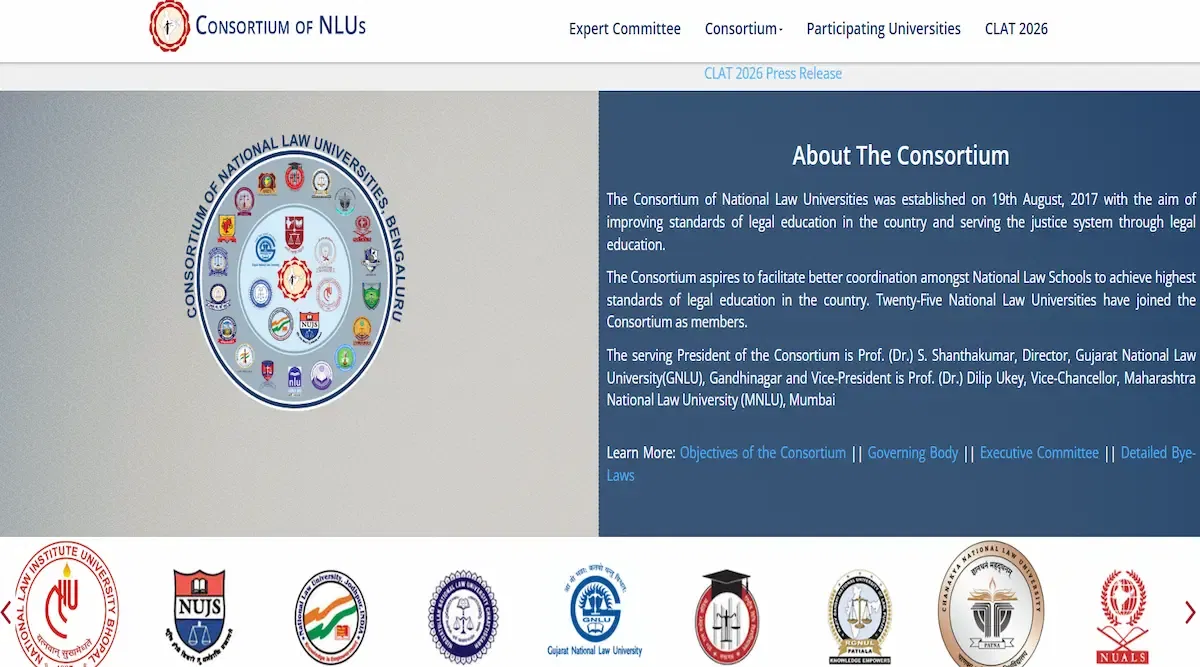







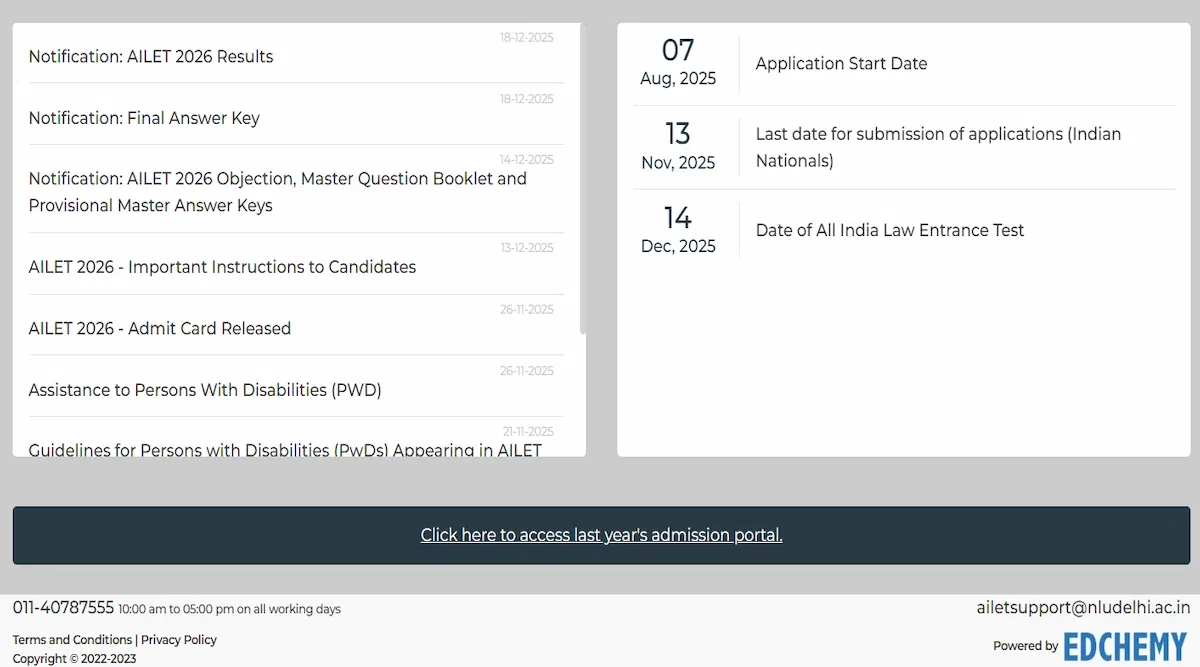

POST YOUR COMMENT